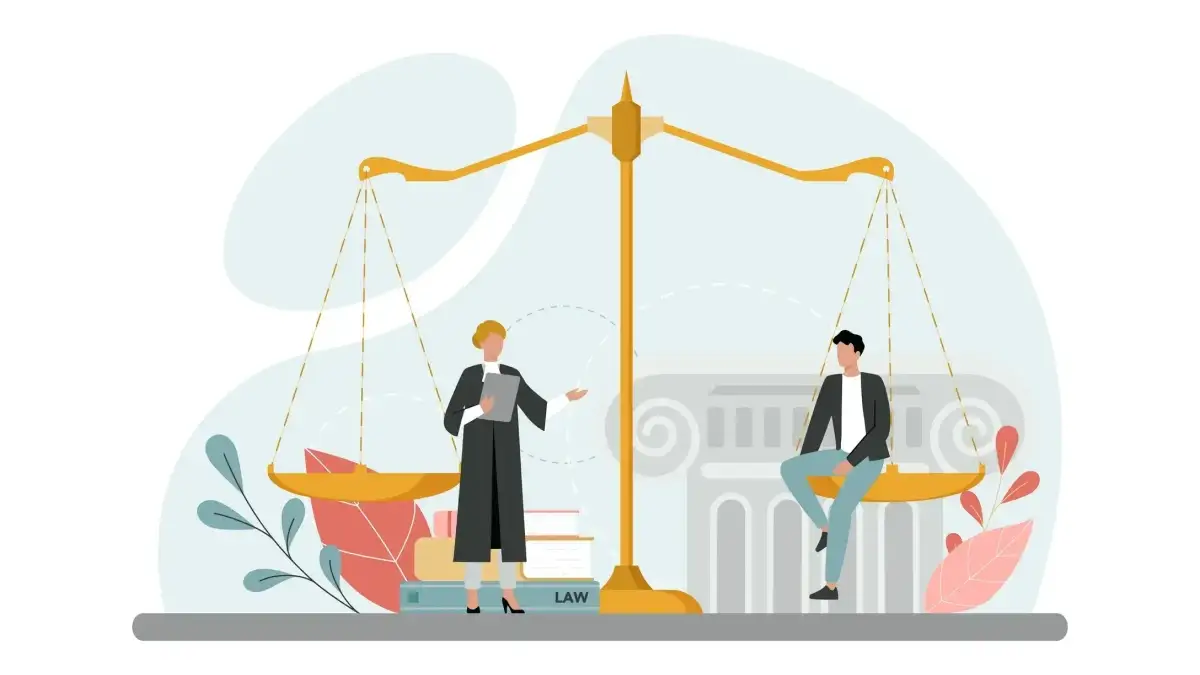Alivio de Deudas de Facturas de Abogados
Entendiendo las Deudas de Facturas de Abogados
La deuda de facturas de abogados ocurre cuando los honorarios legales quedan impagos después de recibir servicios de un abogado o bufete legal. Estas deudas pueden variar desde cantidades modestas por asesoramiento legal básico hasta sumas sustanciales por litigios complejos. Los honorarios legales se facturan típicamente por tarifas por hora (a menudo $200-$500+ por hora) o como tarifas fijas por servicios específicos. Cuando estas facturas quedan impagas, pueden ser enviadas a cobranzas, potencialmente impactando tu puntaje crediticio y creando tensión financiera adicional más allá del asunto legal original.

Desafíos Comunes con las Deudas de Facturas de Abogados
La deuda de honorarios legales presenta varios desafíos únicos que la distinguen de otros tipos de obligaciones financieras.
Los costos de servicios legales pueden ser impredecibles, especialmente para casos complejos o extendidos, lo que dificulta presupuestar estos gastos por adelantado. Los anticipos iniciales pueden agotarse rápidamente a medida que los casos progresan.
Muchos clientes experimentan confusión sobre las prácticas de facturación, incluidos los cargos por incrementos por hora, la facturación de múltiples abogados y gastos que no se explicaron claramente desde el principio.
El privilegio abogado-cliente puede complicar los procedimientos de cobro, ya que las deudas a menudo involucran asuntos personales o comerciales sensibles que complican los enfoques tradicionales de cobro de deudas.
Las relaciones profesionales pueden deteriorarse cuando las facturas legales quedan impagas, potencialmente afectando la representación en curso en asuntos legales activos y complicando los esfuerzos de resolución.
Opciones de Alivio para Facturas de Abogados
Existen varios enfoques para abordar honorarios legales impagos, dependiendo de tu situación y relación con el proveedor de servicios legales.
- 1
La negociación directa con el bufete de abogados a menudo puede resultar en planes de pago, saldos reducidos o arreglos de pago alternativos
- 2
La resolución de disputas de honorarios a través de colegios de abogados estatales ofrece servicios de mediación específicamente diseñados para desacuerdos sobre honorarios de abogados
- 3
La liquidación de deudas puede ser una opción si la factura ha sido transferida a una agencia de cobro
- 4
Las sociedades de asistencia legal a veces ofrecen ayuda con la gestión de deudas legales, especialmente para personas de bajos ingresos
- 5
La protección por bancarrota puede incluir deudas de honorarios de abogados en ciertas circunstancias, particularmente cuando son sustanciales
Enfoques Estratégicos para la Deuda de Facturas de Abogados
Tomar un enfoque estratégico para la deuda de honorarios legales puede ayudarte a resolver la obligación financiera mientras potencialmente preservas las relaciones profesionales.
Revisa cuidadosamente los estados de cuenta para detectar errores o cargos no autorizados. Solicita estados detallados desglosados si no los has recibido, ya que pueden revelar oportunidades para reducciones legítimas de honorarios.
Prioriza la comunicación con el departamento de facturación de la firma o el socio gerente en lugar de tu abogado directo. Muchas firmas tienen políticas para manejar dificultades de pago que los abogados individuales pueden no estar autorizados a ofrecer.
Considera ofrecer compensación alternativa si es apropiado. Algunas firmas más pequeñas podrían considerar servicios, referencias u otra compensación no monetaria para satisfacción parcial de facturas pendientes.
Documenta todos los acuerdos por escrito, especialmente cuando negocias pagos reducidos o liquidaciones. Los arreglos verbales relacionados con honorarios legales son particularmente propensos a malentendidos.
Elegibilidad para Programas de Alivio de Honorarios Legales
Varios factores determinan la elegibilidad para asistencia con deuda de facturas de abogados. Entender estos requisitos puede ayudarte a identificar opciones adecuadas.
- 1
Las calificaciones basadas en ingresos se aplican a muchos programas de asistencia legal, típicamente requiriendo ingresos familiares por debajo del 125-200% de las pautas federales de pobreza
- 2
El tipo de caso importa, con ciertas áreas legales (como defensa penal, derecho familiar o problemas de vivienda) que tienen más programas de asistencia disponibles
- 3
Las consideraciones de tiempo son importantes, ya que muchos programas de alivio solo están disponibles antes de que los honorarios se vuelvan seriamente morosos
- 4
Las restricciones geográficas a menudo se aplican, con programas de asistencia que varían significativamente por estado y condado
- 5
Las relaciones profesionales pueden impactar la elegibilidad, con ex clientes teniendo diferentes opciones que aquellos que aún requieren representación continua
Por Qué la Ayuda de Expertos es Importante Para la Deuda de Facturas de Abogados
La deuda de facturas de abogados involucra la intersección de reglas de ética legal, regulaciones de colegios de abogados estatales y prácticas estándar de cobro de deudas. Los especialistas profesionales en alivio de deudas pueden navegar este paisaje complejo, entendiendo cómo el privilegio abogado-cliente afecta la resolución de deudas y qué opciones existen más allá de las prácticas de cobro estándar. También pueden ayudar a evaluar si los honorarios cobrados fueron razonables según los estándares profesionales, potencialmente identificando fundamentos para reducciones de honorarios basadas en normas de la industria y requisitos éticos para la facturación legal.

Matthew Collins
Experto Financiero y Especialista en Alivio de Deudas
Nueva York
Matthew Collins aporta más de 10 años de experiencia ayudando a personas a reducir sus deudas y recuperar el control de sus finanzas.
Otros Tipos de Deuda
Explora otros tipos de deuda que también pueden calificar para programas de alivio.
Adelantos de Efectivo para Comerciantes
Opciones para resolver financiamiento MCA de alto costo para empresas.
Tarjetas de Crédito Empresariales
Soluciones para deudas de tarjetas de crédito empresariales y líneas de crédito.
Préstamos Estudiantiles Privados
Opciones para la gestión de deudas de préstamos estudiantiles no federales.